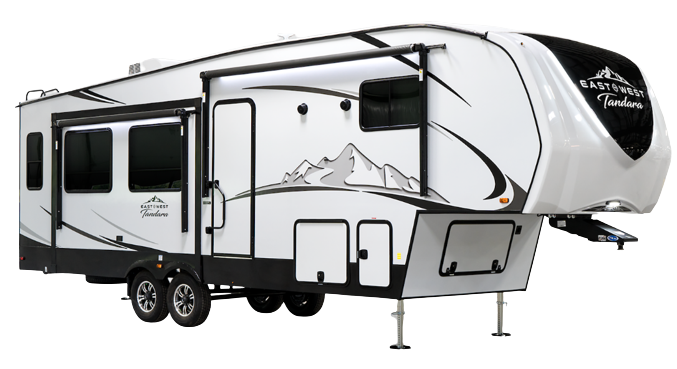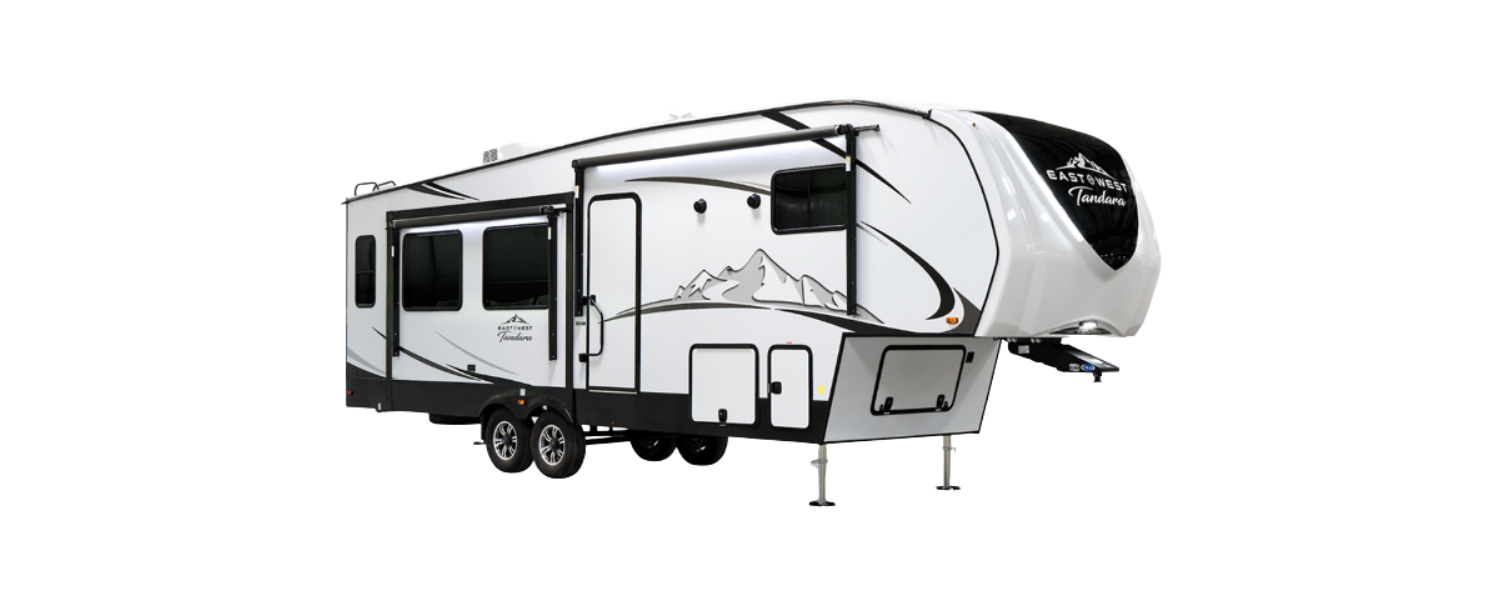2022 East to West Alta Travel Trailers Precautions and Equipment

Precautions and Equipment
SAFETY PLANNING
- ALWAYS have a plan of escape. Update and practice your escape plan every six months.
- Have a meeting and discuss the plan, showing everyone what to do including guests.
- Examine the escape window and be familiar with its operation.
- Do NOT waste time by picking up valuables or getting dressed. Sometimes seconds count!
warning
NEVER ignore alarms on safety devices. If the alarm sounds and you are not absolutely certain of the source, get everyone out of the recreational vehicle immediately Smoke, propane and CO alarms may have an expiration date
SMOKE ALARM
Your RV is equipped with a smoke alarm that is listed for use in recreational vehicles. A smoke alarm works for only detecting smoke, not fire and the alarm will sound only if smoke reaches the sensor. Smoke alarms may not have time to alarm before the fire causes damage, injury or even death. This unit will not alert hearing-impaired residents. (Special alarms with flashing strobe lights are needed for the hearing impaired.) Smoke alarms have a limited life and are not foolproof. Never attempt to repair a smoke alarm; replace if faulty. Never disconnect the battery to silence the alarm.
CO DETECTOR
Your RV is equipped with a carbon monoxide detector that is listed for use in recreational vehicles.The carbon monoxide detector is designed to detect carbon monoxide from any source of combustion. It is NOT designed to detect smoke, fire or any other gases. Some carbon monoxide detectors are hard-wired and some have batteries that require periodic inspection and replacement. Detectors that require batteries, do not work without batteries. NEVER remove batteries except for replacement. Test the detector each week while RV is in use and before beginning a trip. Press the ‘TEST’ button. If the alarm fails to sound, replace the unit immediately with the same model or with one that is listed for RV application. DO NOT attempt to repair.
PROPANE DETECTOR
Your RV is equipped with a propane detector that is listed for use in recreational vehicles. The propane detector senses propane in the air, not smoke or fire or other gases. It detects the presence of propane at the sensor but explosive gas may be present in other areas. Some propane detectors are hard-wired and some have batteries that require periodic inspection and replacement. Detectors that require batteries, do not work without batteries. NEVER remove batteries except for replacement. Test the detector each week while RV is in use and before beginning a trip. Press the ‘TEST’ button. If the alarm fails to sound, replace the unit immediately with the same model or with one that is listed for RV application. DO NOT attempt to repair. The detector alarm may sound at times when no propane is present due to household product use, such as aerosol hair spray, certain cleaners, adhesives, alcohol, etc.
WARNING
Test the Propane detector operation after the vehicle has been in storage, before each trip, and at least once per week during use. Failure to do so may result in death or serious injury If the propane detector senses the presence of propane, the light will turn from green to red, accompanied by an audible alarm. If the alarm sounds:
- Immediately evacuate all occupants from the recreational vehicle.
- Shut OFF the propane supply at the container valve(s) or propane supply connection.
- Extinguish any open flames, pilot lights and all smoking material.
- Do NOT touch any electrical switches.
- Open doors and windows to ventilate.
- Do NOT use the range hood or other power vents.
- The alarm will continue to sound as long as propane is detected or until turned off

